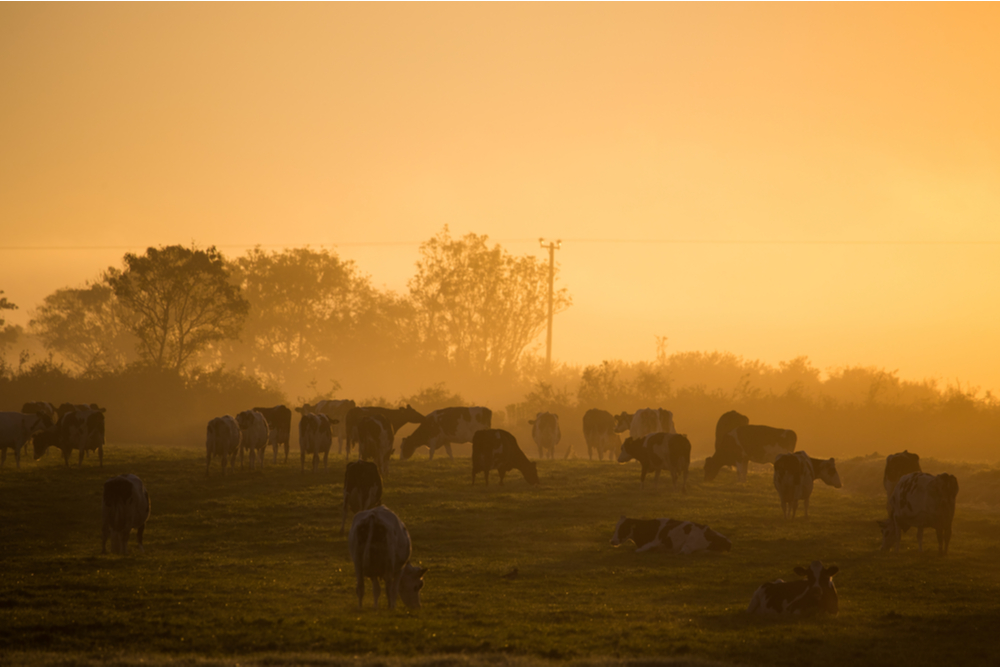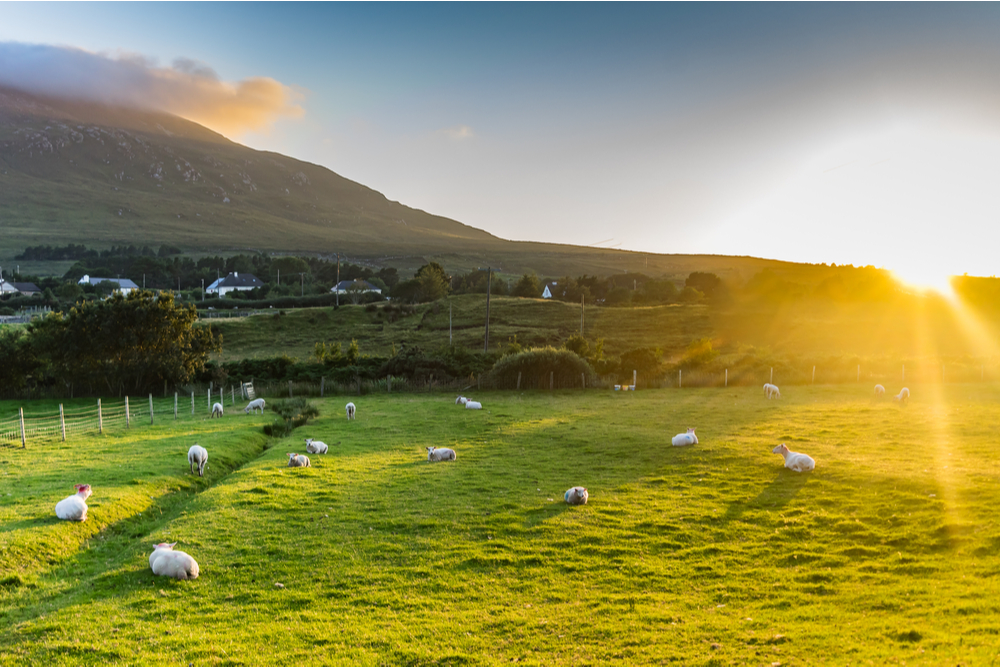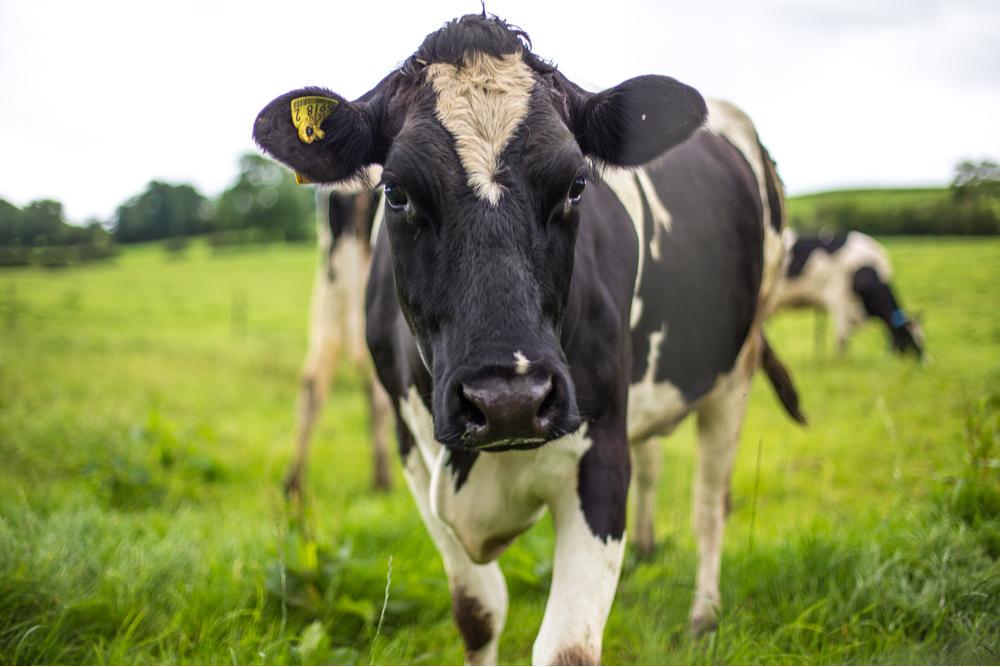Head of Agriculture at Bank of Ireland Eoin Lowry looks at the trends that will impact farm businesses in 2022.
Surging input prices may reduce farm margins in 2022
It is expected that margins will reduce across all farm enterprises next year according to farm accountancy firm IFAC as a result of the unprecedented rise in fertiliser, feed and diesel prices.
While agri commodities and farm gate prices remain at near record highs, it is anticipated that these lifts will be eroded by the rising cost of inputs.
“The Christmas demand for beef is now in full swing with many factories actively purchasing. Global demand remains tight however there are concerns over the impact that the Chinese ban on Brazilian beef could have on global beef markets.”
Farmers will come into 2022 in a strong position with farm margins and incomes up on 2020 as a result of good weather, strong farm gate prices and low costs.1
Fertiliser prices continue to soar
Fertiliser prices continue their upward trajectory and continue to surge to record highs. Uncertainty around global energy supply, particularly natural gas (which accounts for up to 80% of nitrogen production costs) has driven the cost of production to levels where some manufacturers across Europe have shut down production. Furthermore, Russia, one of the largest producers in the world has imposed an export quota on nitrogen fertiliser for a period of six months from December 1. Combined, this has left global supply of nitrogen particularly tight. Meanwhile demand remains high as the prices from many agri commodities touch near decade highs.
As the market begins in Ireland, it is understood that importers have been unable to source the usual levels of stock. It is expected that additional supplies will be purchased over the coming weeks however there is a fear that there may be tightness in supply in Q1 2022. Given the current energy price outlook and supply situation, Irish fertiliser prices look firm until the end of March or April 2022.
Prices are now being quoted at farm level for year-end delivery. CAN is quoted at over €600/t, Urea at almost €900/t and compounds at over €800/t- all prices that have more than doubled since late summer. It is expected that overall usage could be back 20-25% nationally.
Forward grain prices provide solid base for Harvest 2022
It is expected that winter cereal area will be up between 5 and 10% in Ireland for harvest 2022 as a result of the good harvesting conditions for potatoes which allowed winter cereals to be planted. Boortmalt, the main buyer of malting barley in Ireland, has offered grain growers a record forward price of €250/t (€50/t more than the forward price last January) for harvest 2022. Growers can sell up to 20% of their tonnage for 2022. This will be attractive to growers given the record prices being quoted for fertilizers.
Meanwhile the price of dried wheat has touched off €300/t while prices for next November are also strong at €250/t, with barley around €10/t under that. New crop Oilseed rape prices are currently indicating a harvest price of €520/t.
Dairy drives on but Covid-19 uncertainty
Global dairy commodities continue their strong performance with the New Zealand Global Dairy Trade (GDT) index up almost 10% over the last six weeks as a result of strong demand and weaker supply (particularly from New Zealand).
Given the recent surge in Covid cases globally, potential future lockdowns may reduce food service demand and therefore dairy demand. Locally, most dairy processors increased base milk prices for October by 1c/l to c.37-38c/l incl. VAT. Kerry also announced a new fixed milk scheme for 2022 to suppliers offering a base price of 38.5c/L (incl. VAT).2
Beef demand up and prices stable
Beef prices are currently in the range €4.20/kg to €4.35/ kg. The Christmas demand for beef is now in full swing with many factories actively purchasing. Global demand remains tight however there are concerns over the impact that the Chinese ban on Brazilian beef could have on global beef markets. China banned Brazilian beef following the detection of atypical BSE. It the ban continues, Brazil will need to find alternative markets but the impact may be limited.
Lamb prices ahead of 2020
Lamb prices continue at record levels for this time of year with prices €30-€37 above 2020 levels. Lambs are making in the range €6.90-€7.30/kg. The rise is a result of high demand in export markets and lower supply coming from New Zealand into the EU and UK.





